Once in a while, a horror game comes along that haunts your every moment. From its start to its end, I could not stop thinking about Amnesia: The Bunker, its protagonist’s harrowing journey, and the brutal reality of the nightmarish situation he faces on both grounded and paranormal fronts. Rarely does a game so relentlessly bombard players with scares that soak them in sweat and adrenaline, threatening to spike their heart rate at any second. While not without its flaws, Amnesia: The Bunker is a powerful experience that takes not just the Amnesia franchise forward leaps and bounds but carves out a new niche for the horror genre.
Related: Amnesia: The Bunker – Release date, gameplay trailers, and more
Unknown Horror in Every Sense
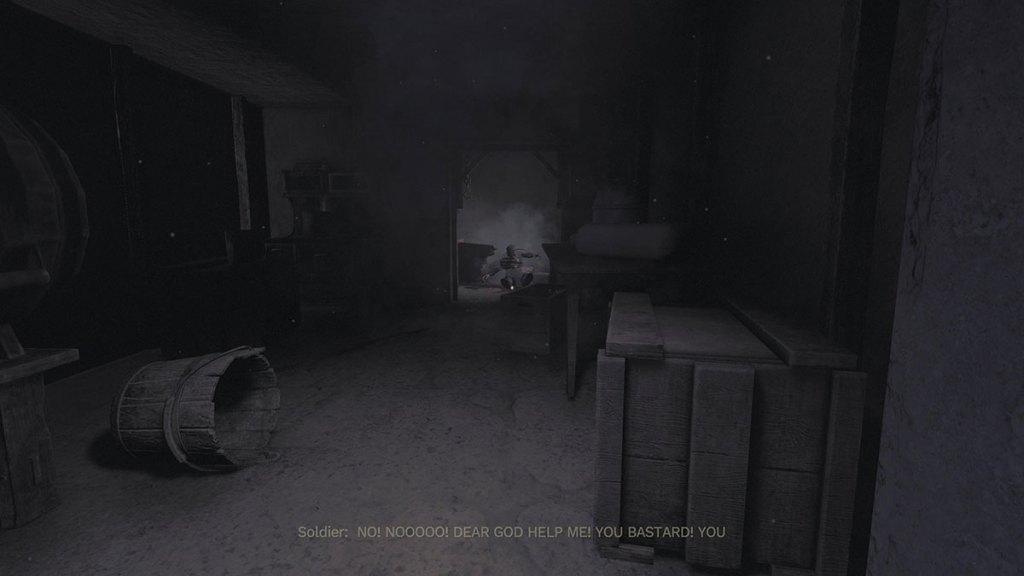
In Amnesia: The Bunker, players step into the shoes of Henri. He’s a French soldier fresh out of the trenches in World War 1. Following several close encounters, he awakens in a near-empty bunker somewhere along the front lines with no memory of the events that led to him being there. The game makes it so easy to slip into the role of this character. It always felt like I was walking the narrow corridors of the dark, underground world where the story takes place, not some silent protagonist, which makes the terror players come up against so much more real.
The game’s introductory section uses the environment to teach players the basic mechanics they need to navigate the bunker. The way forward is usually blocked, and there are multiple potential solutions to moving forward. Be it a brick to smash a lock, a gun to shoot the same lock, a path through another room blocked by debris, or brute force breaking the door down. Every method is valid, and the game makes players feel smart as they explore. The dopamine hits are short-lived because this bunker hides a dark secret.
The reason the bunker Henri finds himself in is almost completely empty is because of the monster stalking every sound from behind the walls. This creature is massive, loud, and utterly, mind-breakingly horrible. The only relief players get from it is from turning on the lights, a mechanic that adds to the stress of this game but one that joins the monster within to make it unforgettable.
The exit from the bunker has been deliberately caved in, and it’s the player’s job to find the explosives and plunger to blow it back open. After stumbling into the Administration Room, players find a generator, map, and some semblance of safety. This room’s doors can be locked and therefore keep The Beast out. Filling the generator with fuel and turning it on switches on the lights, which keeps the monster hunting them at bay for the most part. While it’ll still pop out and grab them if they’re too noisy, it’s much more cautious while the lights are on.
Now, players need to turn on the generator, explore to find notes that inform them of where the items they need are located on the map in the Administration Room, pick up fuel to keep the generator going and the lights on and gather the things they need as quickly as possible before the unknowable maws of a pure manifestation of the mangled victims of war take them.
Don’t Make a Sound
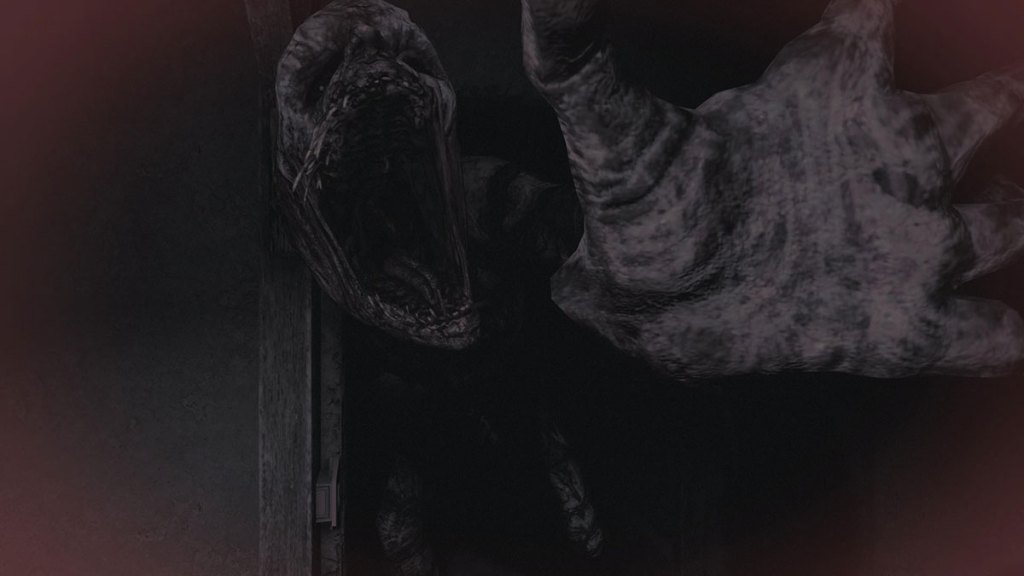
The bulk of what players will be doing in Amnesia: The Bunker is exploring the dark, twisted corridors of what feels like an incredibly accurate recreation of a World War 1 bunker. The attention to detail took me by surprise more than once. For example, wood and sandbags make up the bunker’s walls, but the wood is held together using barbed wire, which I didn’t know soldiers used for such a purpose until playing this game. Every detail adds to the atmosphere of the place, a noisy hole in the ground with a light covering of mud above it where shells are constantly bombarding the ground.
The sound design is perfect, which is essential because players rely on hearing the noises they make and those that The Beast is making so heavily. The monster is attracted to sound, so shooting a gun, breaking down a door, throwing something, or moving large items out of the way can all attract it. The hulking creature emerges from holes in the walls, sometimes just a groping hand to trip you, others its entire mass. The guttural roars and shaky breathing set my teeth on edge whenever it stalked the halls with the lights on. When the generator runs out of power and darkness falls, The Beast will walk the halls searching for prey, making every move feel like the last.
Amnesia: The Bunker is so scary that I spent a good chunk of time with the doors to the Administration Room locked while planning what I could do instead of doing anything useful. I didn’t want to leave because I didn’t want this thing to grab me and make me jump out of my skin. But the objectives are designed to act in such a way that the only thing to do is leave the safety of this room and throw Henri into danger. To make things even worse or better, depending on your point of view, developer Frictional Games has poured an enormous amount of effort into the replayability of the game with a sophisticated randomization system.
A Never-Ending Nightmare
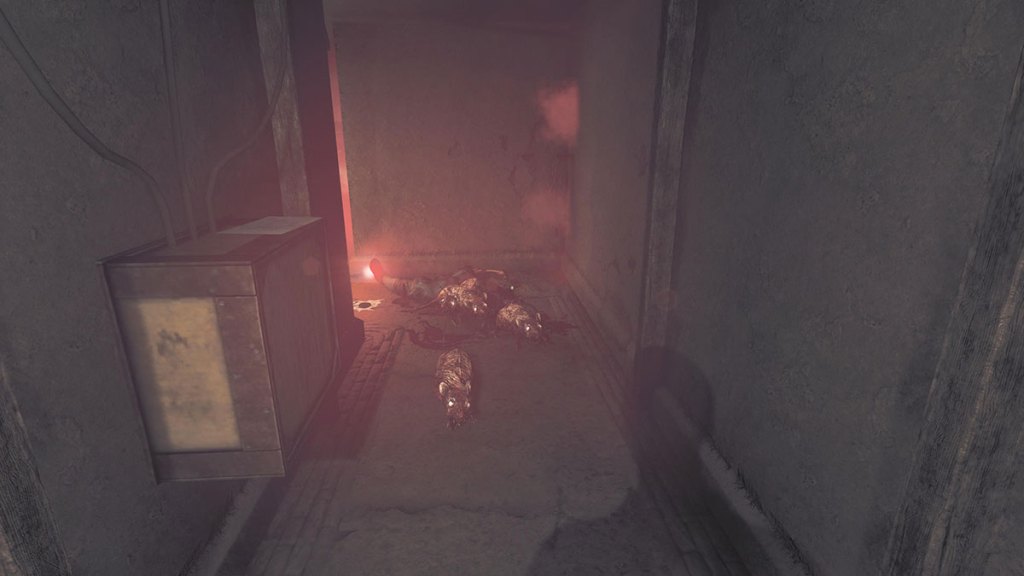
The essential items players need to find to complete the game have set locations. However, everything else differs for every playthrough, so players can’t count on where to find fuel for the generator, bullets, health items, or traps. I tested this and found the shotgun, an item I only acquired at the end of my first playthrough, in the first locker, I got a code for in my second playthrough. With this, I could bypass so many obstacles and jump forward to the middle of the game in terms of progression. On the other hand, I could just as easily have had all the fuel moved to endgame areas, resulting in a much more difficult early game of crouch-walking around every corner to avoid making too much noise in the dark. This level of randomization and the way it feels organic and well thought out makes me want to replay Amnesia: The Bunker multiple times to see how much faster I can beat the story and how much more I can be scared by The Beast.
The unexpected shift in the bunker’s layout in each fresh playthrough shows Frictional Games’ intention that players should go through the game multiple times, but that’s not the only sign I picked up on. There’s an element that ties into this randomization that almost feels broken, but I’m tempted to say it’s intentional. That’s because I believe Amnesia: The Bunker is meant to be a replayable horror game with a terrifyingly intelligent antagonist that players are supposed to exploit to work around in the same way roguelikes allow them.
A great example of using the mechanics against The Beast is my experience in two specific areas, Maintenance and the Prison. These make up the second third or so of the game. Players are pointed to them to find a single item, but through exploring one, I was directed to the other via notes and environmental storytelling. Of course, I eventually made a mistake in the dark after 50 minutes without saving in the Administration Room, and the monster killed me. After reverting to my last save, though, I could skip a huge chunk of the exploration I’d just done, sacrificing one or two cans of fuel to avoid some near-impossible challenges. I feel conflicted about this because I wanted to go back and redo these areas, but I felt like I was wasting my time when I did. Even codes can be exploited in this way, so a player could rush through an area finding dog tags, noting down the names and codes on them before dying, and using those codes in relative safety right after.
These exploits could change on the higher difficulty level, but on Normal, which is the recommended experience, it gave me a huge advantage. I can’t comfortably say that this felt unfair, though, because The Beast can kill a player in one hit, surprise them when the lights go out, hunt them and destroy all hiding places in a location, and generally act like it’s trying to remove every way the player can hide from it or defend themselves. It’s like facing Psycho Mantis in Metal Gear Solid without putting the controller into Port 2. Without taking advantage of a real-world mechanic, players will have a much more complex, though not impossible, challenge to overcome. I can see this opening up various playthrough types, but I’m sure all are valid because the ability to use these exploits has been left in the game. There’s no way the developer didn’t think players would do what I did, and I love the game more for it.
I can’t stress enough how much I thought about Amnesia: the Bunker while I wasn’t playing it. I haven’t done this since my first Dark Souls playthrough, but I found myself thinking about the corridors of the bunker and planning my next run, even while trying to fall asleep. I was kept awake by these intrusive thoughts for hours one night, making me want to do nothing more than sit down and play again. When Amnesia: The Bunker gets its hooks into you, there really is no escaping the horror.
We are Fragile and Weak
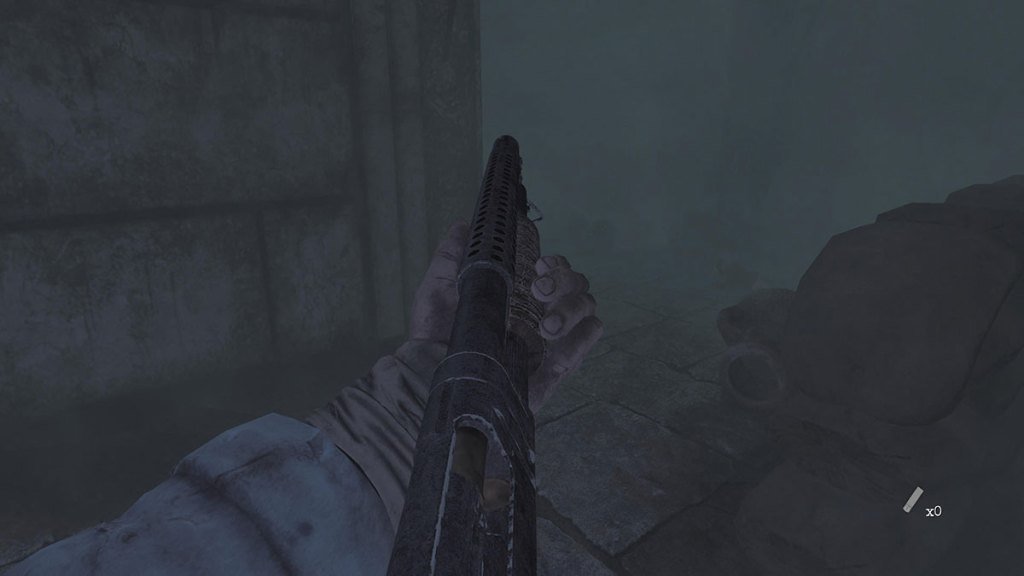
I won’t spoil the story, but Amnesia: The Bunker comes together nicely at the end with satisfying paranormal elements fans of the series will be familiar with and a conclusion that works on multiple levels. I do have a complaint about the final room, though, an encounter that seems possible to escape in various ways, and I feel it isn’t telegraphed particularly well. It forces players into unnatural behavior given the past four or five hours of bunker-exploring but does allow them to do the one thing they’ll have been dreaming of for that entire time.
While there are a fair number of environmental bugs in the game, they never ruined my immersion to the degree that I was pulled out of the bunker. Henri can get stuck behind objects or under them if placed awkwardly, and there were a few shots on The Beast that should have landed and stunned it that didn’t. Overall, the experience was primarily solid outside of these issues.
Amnesia: The Bunker puts players in their place at the bottom of the food chain, but it also manages to create a sense of dread that’s absolutely relentless. There was a moment when I had to enter a room called The Pillbox, which many bunkers had, with an upper floor where soldiers could shoot out at their enemies. I felt relief as I found this room, climbing the ladder to my current goal, expecting to glimpse the sun and feel good about the world again. But this is World War 1, so all I saw was mud, blood, and death in every direction. The air whistling through the structure didn’t make me feel safe; it reminded me that even outside the bunker, Henri will be contending with an enemy that’s hunting him down to kill him as mercilessly as hounds on a fox. Stray bullets hitting the building made me crouch, even though I’m sure Henri can’t die there away from The Beast. That kind of death would be a mercy.
This feeling and sense of constant misery, dread, and terror in every inch of Amnesia: The Bunker makes it such a somber yet adrenal experience. It portrays the horrors of war that soldiers faced so well, even though the heart of it is a paranormal tale about Henri being hunted down by a grotesque giant. It speaks mountains that the soldiers here decided to flee to the battlefield and get shot to bits rather than try to hide in the bunker close to this thing’s presence. I feel that the context in which the game takes place has been handled magnificently and is my major takeaway from a game that’s closer to Alien Isolation than anything else.
Verdict
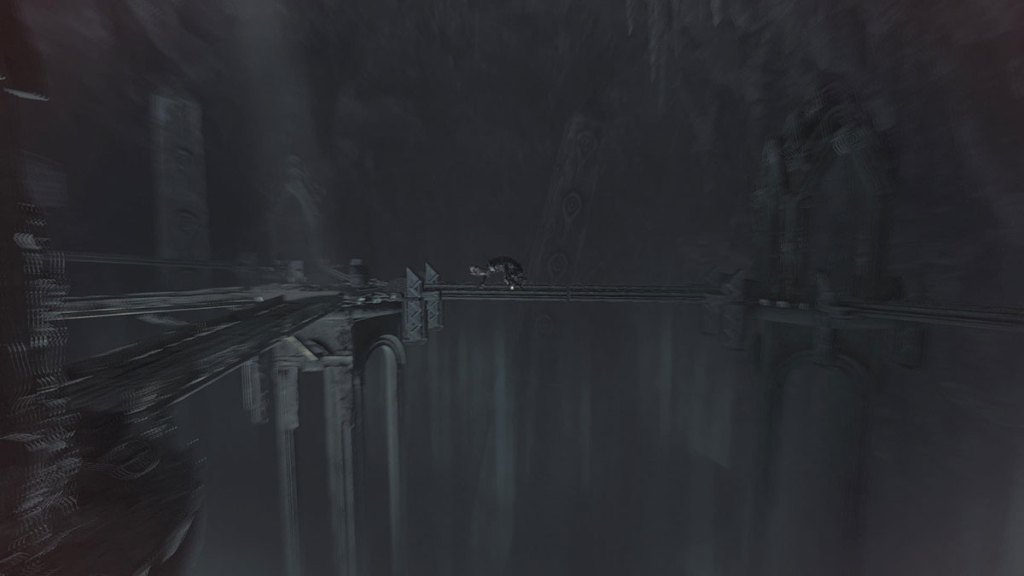
Amnesia: The Bunker is a meaty package that keeps giving each time a new game starts. The world feels lived in, the horrors don’t ever let up, and no matter how much players try to farm fuel for the generator, they’ll never feel safe. It’s short enough to be finished in an evening, but I expect fans to play this game for years to come. Analyzing the way The Beast behaves, the intricacies of the randomization mechanics, and the unrelenting setting that portrays just an iota of what it must have felt like to be a soldier on the front lines. An unsettling note I’m left with is that there’s no way of knowing if The Beast was truly real because, as the game shows, shells churned up so many bunkers and pockets of soil that the truth of this horror is buried beneath poppy fields.
Final Score:
9/ 10
| + | Incredible horror atmosphere that doesn’t let up. |
| + | Randomization allows for multiple interesting playthroughs. |
| + | A proper survival horror experience. |
| – | A few bugs and glitches crop up here and there. |
| – | The game can be exploited, though this feels deliberate and fair. |
| – | The final location could broadcast what players need to do more clearly. |
Gamepur team received a PS5 code for the purpose of this review.

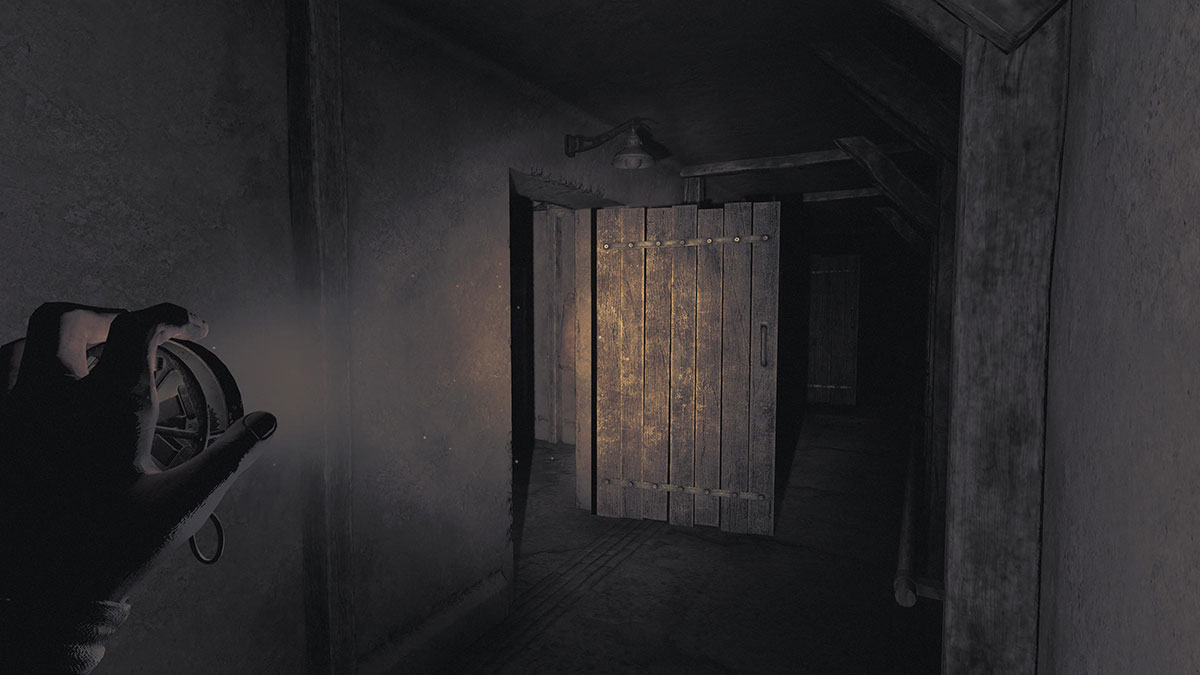
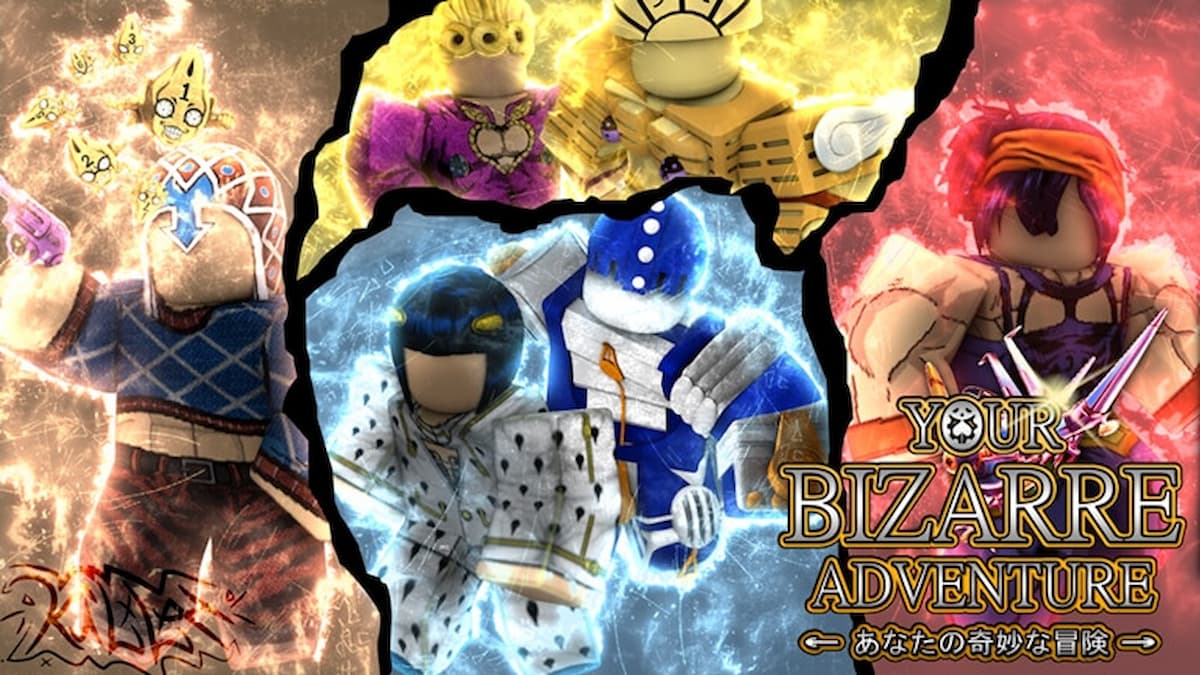
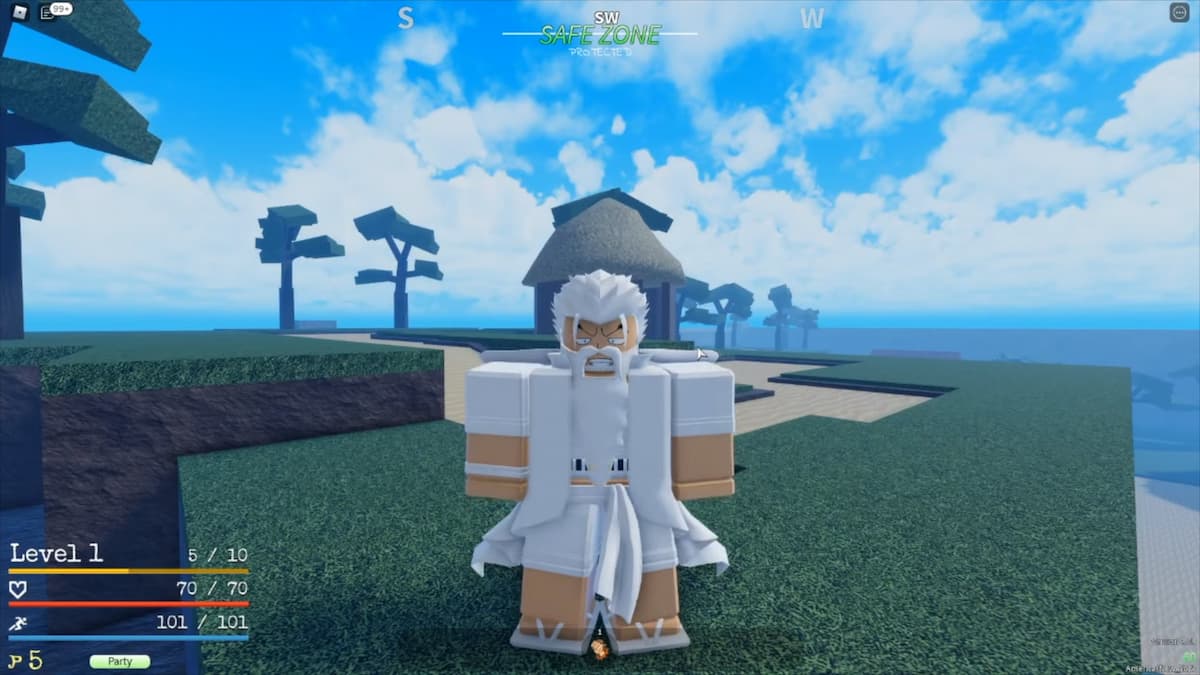
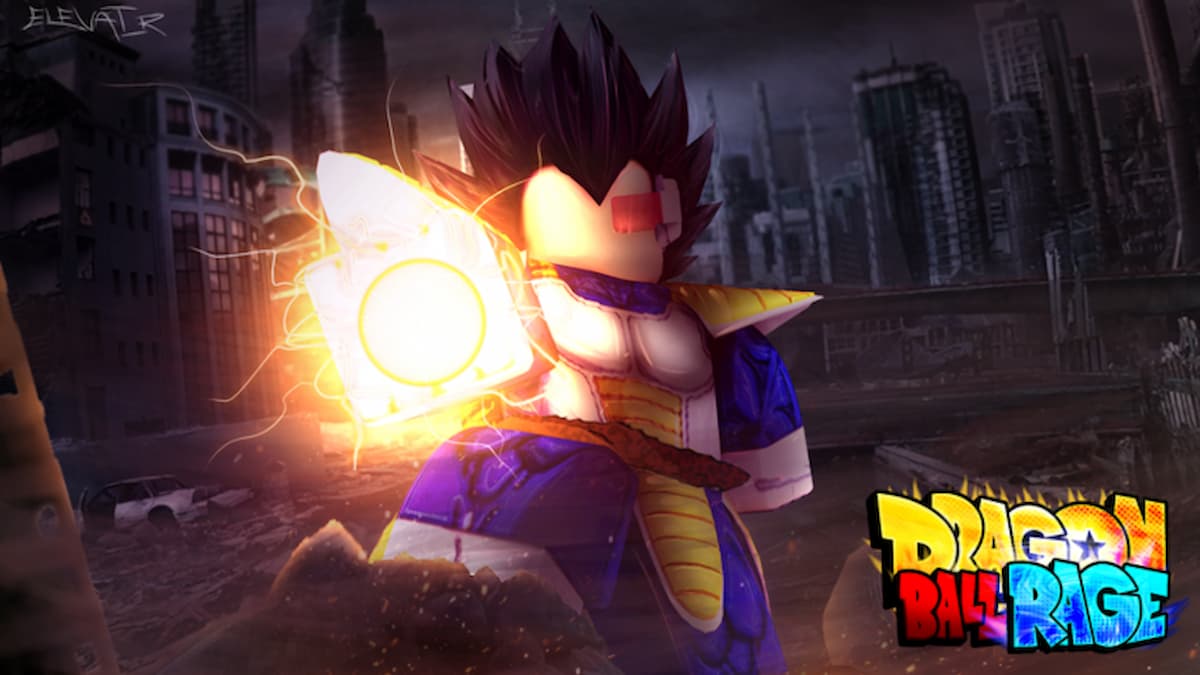
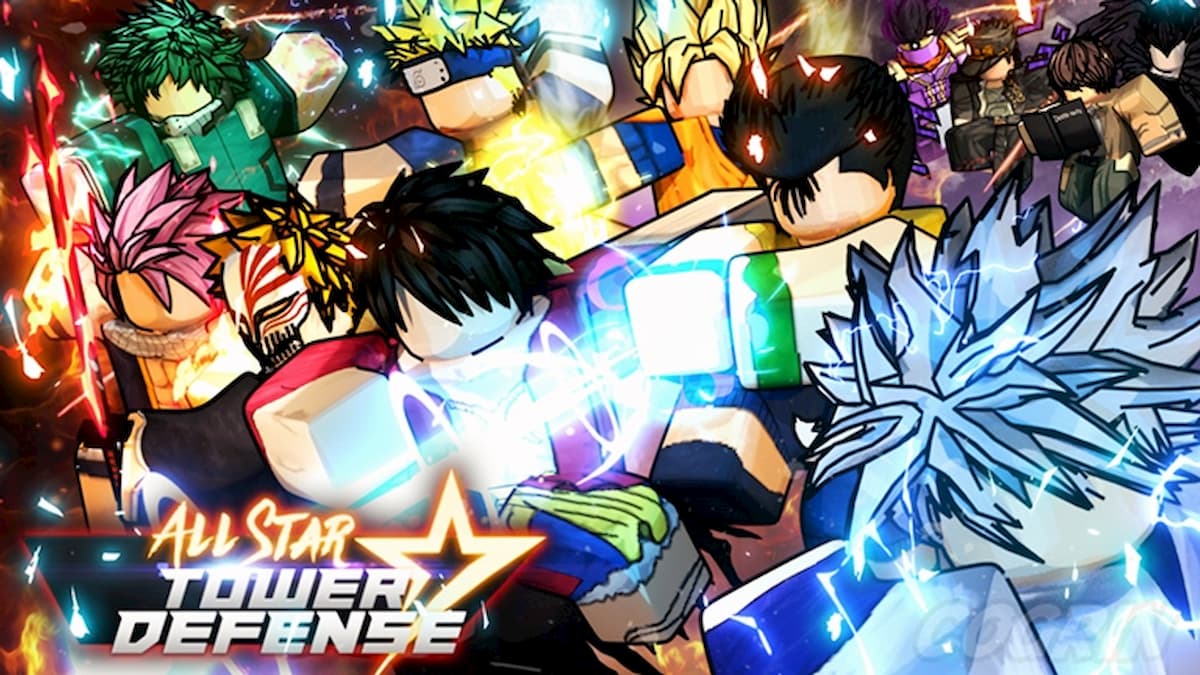

Published: Jun 5, 2023 10:35 am